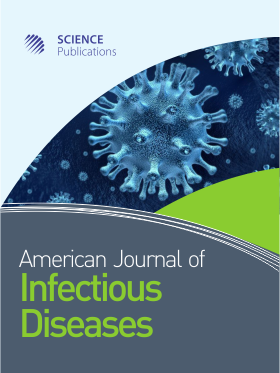Effects of Bacillus subtilis 'PB6' (ATCC - PTA 6737) on Clostridium difficile Associated Diarrhea (CDAD) and Inflammatory Bowel Disease (IBD) in Animal Models
Abstract
The administration of probiotic bacteria is emerging as a potential means of preventing the onset or recurrence of Clostridium difficile associated diarrhea (CDAD) and of attenuating inflammatory activity and preventing relapses in inflammatory bowel disease (IBD). We evaluated the efficacy of Bacillus subtilis 'PB6' (ATCC - PTA 6737) in a hamster model of antibiotic-induced CDAD and in a rat model of IBD. CDAD was induced in male Golden Syrian hamsters using C. difficile and clindamycin. These hamsters received either nothing or, by gavage, vancomycin (5 days) or PB6 (low, middle and high dose, 6 days). Diarrhea, body weight loss and mortality were observed in all groups in which CDAD was induced. Intensity of diarrhea and body weight loss was least in the groups treated with vancomycin or with the highest dose of PB6. At the end of the treatment period, vancomycin and the highest dose of PB6 were equally efficient in preventing mortality in this hamster model of CDAD. No adverse effects of PB6 treatment were observed in healthy animals. In male Wistar rats, colitis was induced using a single intrarectal administration of 2,4,6-trinitrobenzenesulfonic acid (TNBS). Treatments consisted of PB6 (low, middle and high dose), Saccharomyces boulardii, mesalazine, infliximab, or no treatment. A possible benefit of the prophylactic use of PB6 was also tested. At the end of the treatment period significant differences in body weight gain, in colon inflammatory edema and in gross morphology of the colon intestinal lining were observed between groups. The groups treated with high dose PB6 could not be distincted from the colitis-free negative control group nor from the group treated with mesalazine. The data presented are suggestive of possible therapeutic effectiveness of PB6 in CDAD and IBD in humans.
DOI: https://doi.org/10.3844/ajidsp.2007.255.266

- 3,598 Views
- 3,430 Downloads
- 11 Citations
Download
Keywords
- Bacillus subtilis
- Clostridium difficile associated diarrhea (CDAD)
- inflammatory bowel disease (IBD)
- animal model
